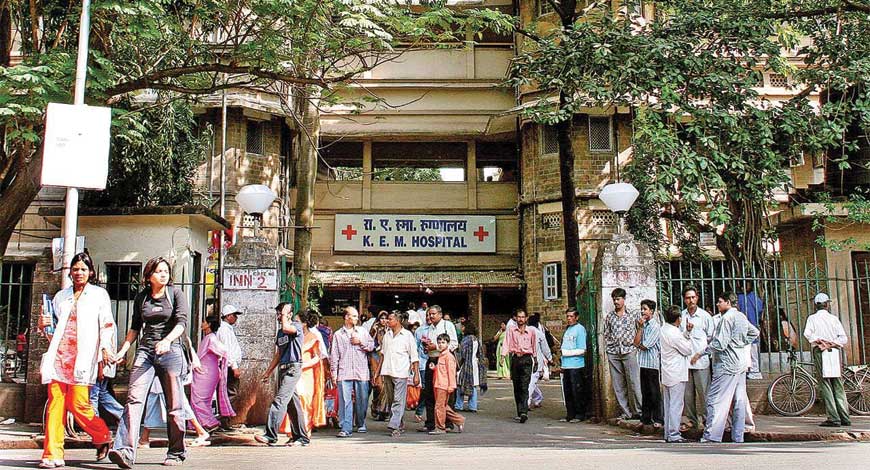Headlines of The Day
KEM Hospital’s Centre of Excellence is ailing

KEM Hospital, one of the 11 Centres of Excellence (CoE) for Rare Diseases in India, is encountering difficulties in fulfilling its mandate due to various obstacles. The hospital requires an annual budget of INR 78 crore ($10.4 million) but is facing challenges due to a lack of dedicated space and administrative delays. Currently, the CoE has 73 registered patients, making it the third-highest patient load in the country. However, individuals from remote areas struggle to register with the CoE due to a lack of guidance and support. Additionally, the absence of an online portal for outpatient department (OPD) registration for rare diseases exacerbates the situation. The scarcity of available data is also a concern for advocacy groups representing patients.
Shital Bhatkar, the Mumbai coordinator of the Organisation for Rare Diseases India (ORDI), who tragically lost her seven-year-old son to a rare condition called Storage Disorder, expressed disappointment, asserting that the CoE at KEM Hospital exists only on paper. She emphasized the significance of accurate diagnosis and transparent data. Bhatkar highlighted the inadequacy of crowdfunding as a solution since rare diseases necessitate lifelong treatment, making it crucial for patients’ families to receive sponsorship and financial support from the government. She urged the Brihanmumbai Municipal Corporation (BMC) to assist the CoE for rare diseases and provide funding for treatment.
During a recent workshop on the National Policy for Rare Diseases held in New Delhi, the lack of a suitable facility at KEM Hospital was further underscored. Manjit Singh, president of the Lysosomal Storage Disorders Support Society (LSDSS), who participated in the workshop, expressed concern about the prolonged delay in establishing the CoE despite the allocation of funds for infrastructure development and diagnosis. Singh also criticized the funding mechanism outlined in the policy, which primarily functions as a crowdfunding platform but has proven ineffective in generating sufficient funds. He pointed out that the government’s one-time treatment grant of ₹50 lakh is inadequate for lifelong treatments.
Patients and their families shared their struggles with the exorbitant cost of medications and the need for additional support. Anagha Afreddy, a resident of Dadar, whose 14-year-old son suffers from MPS-2, highlighted the challenges of maintaining the expensive treatment. She emphasized the necessity of considering factors beyond medication, such as surgeries, educational requirements for children with rare diseases, and counseling for parents from rural areas.
In response to these concerns, a BMC health official mentioned that a plan has been submitted to develop a CoE for rare diseases at KEM Hospital, and a committee for rare diseases already exists. The proposed plan includes provisions for funding the treatment of affected children.
Overall, it is imperative to address the challenges faced by KEM Hospital’s CoE for Rare Diseases, including the need for proper infrastructure, improved support for patient registration, and adequate funding for lifelong treatments. Adopting a comprehensive approach that considers various factors beyond medication is essential to provide holistic care for individuals with rare diseases. The Indian Practitioner













